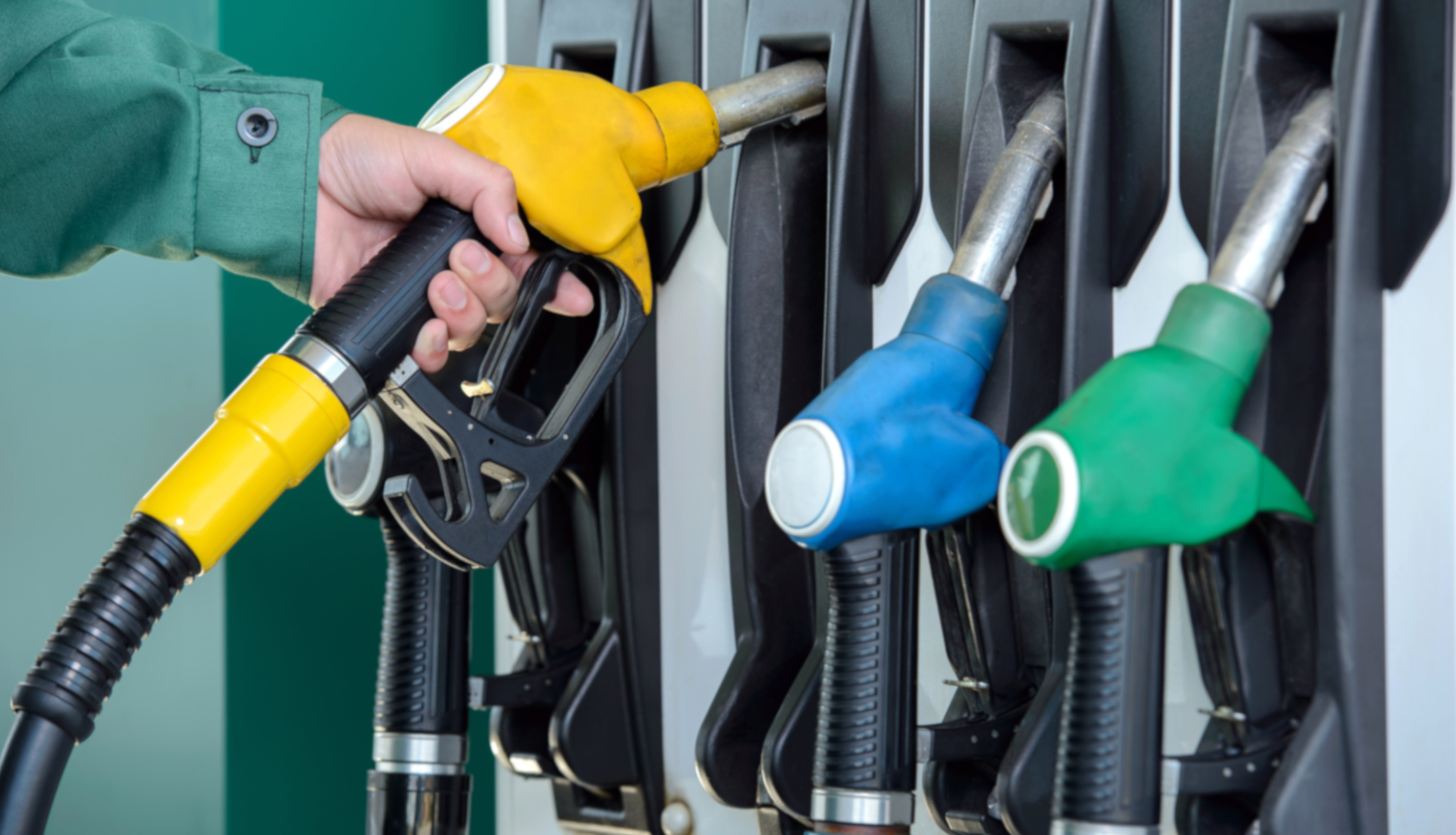On July 24, 2025, the Competition Council (CC) adopted a decision to allow SIA “Circle K Latvia” (Circle K) to acquire sole decisive influence over 26 fuel stations (FS) owned by SIA “ASTARTE-NAFTA” (ASTARTE-NAFTA) (the Merger).
At the same time, to prevent risks of restricting competition, the CC set binding conditions for the transaction – the FS in Dobele taken over from ASTARTE-NAFTA must be maintained as a self-service station as long as a Circle K franchise FS operates there.
Both Circle K and ASTARTE-NAFTA operate in the retail and wholesale of fuel and petroleum products, as well as offer additional goods and services – autogas, fast food, hot drinks, and essential goods. Circle K is one of the leading fuel traders in Latvia, with a network of 72 full-service and self-service FS. Circle K franchise companies also operate in Latvia.
The Merger will affect areas where ASTARTE-NAFTA FS operate – populated places, their surrounding areas, and stretches of highways throughout Latvia. The CC concluded that in some areas, such as Līvāni and Aizpute, where Circle K has not previously been represented, competition will not decrease, as one market participant – ASTARTE-NAFTA – will be replaced by another – Circle K.
However, in the administrative territories of Tukums, Limbaži, Jēkabpils, Jelgava and their surroundings, as well as certain sections of highways A6, A7, and A9, and in the area near Kusa, where the activities of both companies overlap, the CC calculated the companies’ market shares and concentration indicators, and used quantitative evaluation tools – the upward pricing pressure test (UPP) and the gross upward pricing pressure index (GUPPI). Based on the economic analysis, the CC found that in these areas the market shares of the Merger participants would be equal to or slightly higher than those of competitors, and that the concentration indicators, as well as the UPP and GUPPI tests, indicated that the Merger is not considered problematic and no significant reduction in competition or price increases are expected in these territories. Furthermore, other market participants also operate in these areas, allowing consumers to choose their preferred FS.
The CC paid special attention to the Dobele market, where Circle K planned to take over a FS, even though there is already a full-service FS operated by a Circle K franchisee. After an in-depth examination, the CC concluded that the activities of Circle K franchisees depend on Circle K’s supply of goods, systems, contracts with B2B clients, loyalty programs, marketing strategies, and similar factors. Taking this into account, the CC concluded that in this situation the market share of the Circle K franchise FS should also be attributed to Circle K.
The CC found that as a result of the Merger, Circle K’s market share in Dobele would increase significantly in the retail markets for diesel and gasoline, in both B2B and B2C segments. The concentration indicators also showed that the Merger in the Dobele market is considered problematic. Moreover, the UPP and GUPPI tests indicated that the Merger participants would likely have an incentive to increase prices, especially for gasoline.
To address the CC’s concerns about the competitive situation in Dobele, Circle K proposed binding conditions – to convert the acquired FS in Dobele into a self-service station, the concept of which provides for lower fuel prices compared to a full-service FS.
Upon evaluating the proposed binding conditions, the CC concluded that they eliminate concerns in the Dobele market about price increases for diesel and gasoline, as indicated by the UPP and GUPPI test results, and also remove the negative impact on competition. Taking this into account, the CC decided to allow the Merger transaction with binding conditions.
To prevent a significant reduction in competition as a result of mergers, transactions that meet the criteria set in the Competition Law require the approval of the Competition Council. In this way, the CC ensures state control over market concentration, preventing structural changes that could limit consumer choice or force the purchase of goods and services at non-competitive prices in the long term. More information about merger control in Latvia is available in the “Market Participant Mergers” section of the Competition Council’s website.



